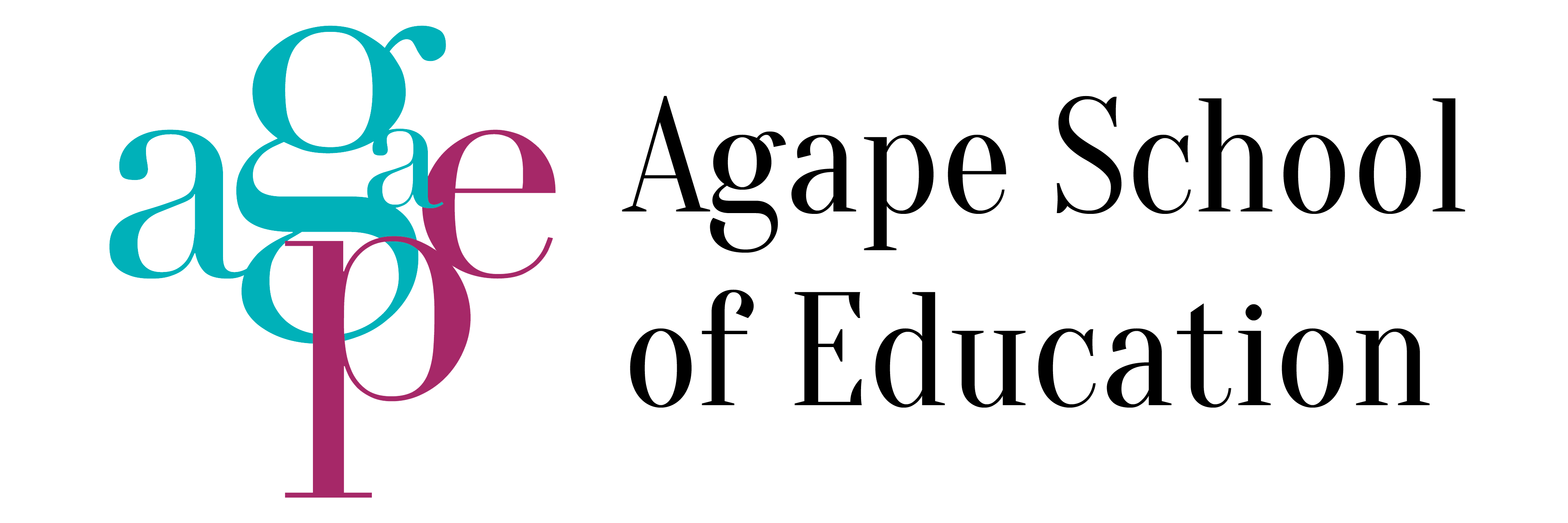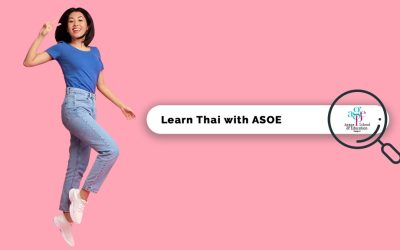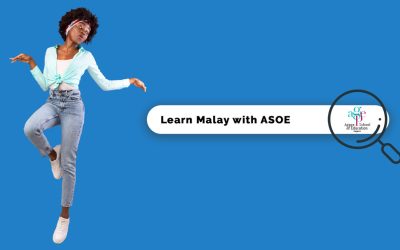As part of the education restructure undertaken by the Ministry of Education (MOE) to prepare Singaporeans for an increasingly complex, interconnected, and tech-driven world, the new curriculum will build on existing efforts to help today’s students be agile and future-ready, regardless of their backgrounds and starting points in life. To do so, the MOE has announced the next phase in their ‘Learn for Life’ movement through two additional thrusts –
- ‘Refreshing our Curriculum’ and
- ‘SkillsFuture for Educators’ – to enhance students’ learning and support educators in nurturing future-ready learners.
Knowing Asia
MOE will provide students with a deeper understanding and appreciation of Asia, in particular the ASEAN region, to allow them to engage effectively with our neighbours and participate actively in the region’s economic development.
MOE will also roll out an enhanced Humanities curriculum, with a deeper focus on ASEAN, at the secondary and pre-university levels from 2021 to 2023. ASEAN will be featured more prominently in Social Studies (Secondary), Geography, History, and Economics, with these subjects highlighting the importance of the region, its growth potential, and its interconnections with the rest of the world. To facilitate deeper and more self-directed learning among students, digital learning resources for Humanities subjects at the primary, secondary and pre-university levels will also be made available on the SLS.
MOE will also provide schools with planning and curriculum resources to help them design rich overseas learning experiences in ASEAN countries. This includes a 10-hour exposure component where students will learn about the culture and language of the country as part of pre-trip preparations. For a start, schools will be provided age-appropriate digital resources for the learning of Thai and Vietnamese. More schools will also offer Conversational Chinese and Malay programmes for interested students to learn additional languages, beyond English and their Mother-Tongue languages.
Additionally, institutes of higher learning (IHLs) will increase overseas exposure opportunities for students. Currently, about one in two IHL students participate in such programs. The MOE aims to expand this and achieve a ’70-70′ target for cohorts entering IHLs in the next few years, where 70% of local IHL students will participate in overseas exposure programmes, and 70% of this group of students will have exposure to ASEAN regions, China or India.
Skillsfuture for Educators
Our teachers are critical in ensuring the effective implementation of the curriculum and in facilitating our students’ learning. To guide teachers in acquiring the necessary competencies and encourage them to deepen their mastery of skills, MOE will introduce an enhanced Professional Development (PD) Roadmap for teachers – “SkillsFuture for Educators”. This will focus on enhancing teachers’ PD in six prioritised Areas of Practice:
- Assessment Literacy,
- Differentiated Instruction,
- Inquiry-Based Learning,
- E-Pedagogy,
- CCE, and
- Support for Students with Special Educational Needs.
SkillsFuture for Educators will support teachers in strengthening their classroom practices to better meet their students’ interests and needs. MOE and the National Institute of Education (NIE) will facilitate a coherent PD experience for teachers from pre-service training to in-service training.
Currently, there are four thrusts in our ‘Learn for Life’ movement:
- ‘Joy of Learning’,
- ‘One Secondary Education, Many Subject Bands’,
- ‘Education as an Uplifting Force’ and
- ‘Learning Languages for Life’.
Character and Citizenship Education (CCE) in primary schools currently comprises lessons taught in the Mother-Tongue Language classes, known as CCE (MTL), and Form Teacher Guidance Period (FTGP) taught in the English language. Contemporary issues include topics on bullying, online media, and race and religion.
The Agape School of Education (ASOE) has long upheld these educational principles. That’s why we regularly hold training sessions with international and local guides for our tutors. Although the ASOE has always emphasised the importance of understanding the culture of a country alongside learning the language. In 2020, when the COVID pandemic hit the world, we translated these principles into our ‘Blended Approach’ classes. Students enrolled in this course, attain linguistic rules from a local teacher and cultural knowledge from a native-speaking tutor overseas. Want the best of both worlds? Contact us today to enquire!





0 Comments